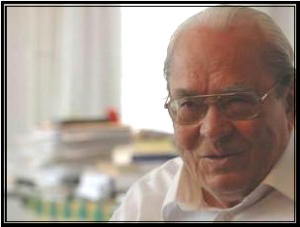
HALİL İNALCIK, Professor, Founder of the Department
Professor Inalcik passed away on July 25, 2016. Prof. Inalcik’s presence at Bilkent will be greatly missed.
Bilkent Community Mourns the Loss of Halil Inalcik.
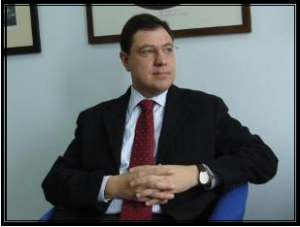
MEHMET KALPAKLI, Chair
He earned his Ph.D. in Turkish Literature from the University of Washington and Istanbul University in 1992. He specializes in Ottoman literature and cultural history, Near Eastern languages and literatures, modern Turkish literature, theory of literature and the use of computers for humanities. He is a co-founder and active participant in Ottoman Text Editing Project (OTAP) at the Middle East Center of the University of Washington.
More information
Office phone: (+90) 312 290 2386
e-mail: kalpakli@bilkent.edu.tr
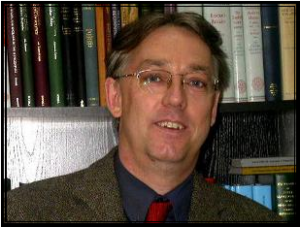
DAVID E. THORNTON
He received his Ph.D. from the University of Cambridge (Queens’ College) in 1991 in the Department of Anglo-Saxon, Norse and Celtic. Prior to joining Bilkent, Dr Thornton worked as a post-doctoral research scholar at the Institute for Advanced Studies, Dublin, and as research assistant at the Unit for Prosopographical Research, Linacre College, Oxford. His primary fields of research are the political history of the British Isles during the early Middle Ages, especially Ireland and Wales before 1100, and Anglo-Norman England. In addition, he is interested in medieval prosopography, historical anthroponymy, and computer applications for medieval history. He is currently working on nominal record linkage methodology for medieval history, and is compiling a prosopography of Ireland before 1100.
Office phone: (+90) 312 290 1796
e-mail: tdavid@bilkent.edu.tr
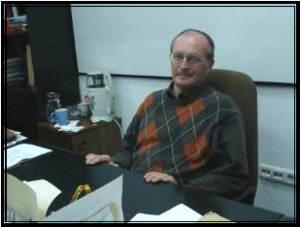
ÖZER ERGENÇ
He received his Ph.D. from Ankara University in 1974, with a thesis entitled “1588-1596 Yılları Arasında Ankara ve Konya Şehirlerinin Mukayeseli İncelenmesi Yoluyla Osmanlı Şehir Müesseseleri ve Sosyo-Ekonomik Yapısı Üzerinde Bir Deneme” (A Research on Ottoman Urban Institutions and their Socio-Economic Structures via a Comparison between Ankara and Konya in between 1588-1596). Prior to joining Bilkent University, Prof. Ergenç taught at Ankara University. He is a member of Turkish Historical Society (Türk Tarih Kurumu), History Foundation (Tarih Vakfı) and of TÜBİTAK, SOBAG (Social Sciences and Humanities Research Group). He is currently working on TÜSOKTAR (A Database Preparation on Social, Economic and Cultural History of Turkey) Project of Turkish Historical Society.
Office phone: (+90) 312 290 1633
e-mail: oergenc@bilkent.edu.tr
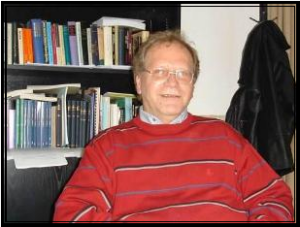
PAUL LATIMER (Retired)
He received his Ph.D. in History from Sheffield University in 1982. An Assistant Professor in the department specializing in European History, Dr. Latimer has published on the position of the higher aristocracy in local administration, on the civil war in England 1215-17 and on various aspects of the economy and inflation in late-twelfth- and early-thirteenth-century England. He is currently working on the subject of English identity in north-western England between the eleventh and the thirteenth century, the role of castles in late-twelfth- and early thirteenth-century warfare, and on the Welsh economy at the time of Domesday Book.
Office phone: (+90) 312 290 2076
e-mail: paul@bilkent.edu.tr
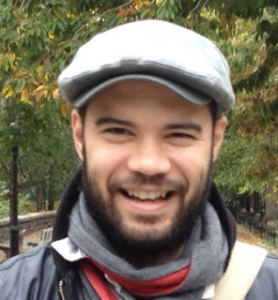
OWEN MILLER
He received his Ph.D. in International and Global History from Columbia University in 2015. Before joining the Bilkent faculty, Dr. Miller taught at Columbia, Cornell University, Pratt, Emerson and Union Colleges. His primary fields of research are Ottoman-US relations, lowland-upland relations and global histories of missionaries. He is currently working on a monograph on a US missionary family in Hawaii, the Ottoman Empire and the US South.
Office Phone: +90 (312) 290-2701
e-mail: owen.miller@bilkent.edu.tr
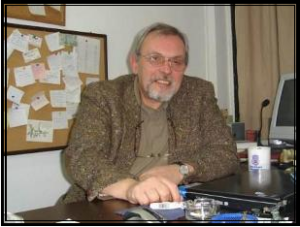
EVGENI R. RADUSHEV (Retired)
He received his Ph.D. in Ottoman socioeconomic history from the Bulgarian Academy of Sciences in 1982, having the academic rank “Habilitated Doctor” (2003). Prior to joining Bilkent, Prof. Radushev worked as a Senior Research Associate in the Institute for Balkan Studies (Bulgarian Academy of Sciences), the Ottoman Archive – Sofia, and as an Associate Professor taught in the Department of History at Sofia University. His research area is Ottoman social and economic history with emphasis on demographic processes, ethno-religious and cultural interactions. He is currently working on a project concerning the common history of Muslim and Christian population in the Balkans during the Ottoman epoch.
Office phone: (+90) 312 290 2387
e-mail: radushev@bilkent.edu.tr
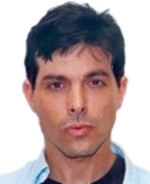
KENNETH WEISBRODE
He earned his Ph.D. in History from Harvard University in 2008. His interests are in Atlantic history, the history of US foreign relations, Latin American history and historical geography. He is co-founder and managing editor of the journal New Global Studies (published by Walter de Gruyter).
Office phone: (+90) 312 290 2862
e-mail: weisbrode@bilkent.edu.tr
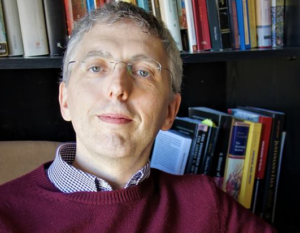
LUCA ZAVAGNO
He Luca Zavagno graduated from the University of Venice (2002); he obtained his Ph.D. (2007) at the University of Birmingham with a dissertation on the society, economics and politics of Byzantine cities in the early middle ages. He is currently Assistant Professor in the Department of History at Bilkent University. Dr. Zavagno is the author of many articles on the early Medieval Mediterranean, as well as two monographs: Cities in Transition: Urbanism in Byzantium Between Late Antiquity and the Early Middle Ages and Cyprus between Late Antiquity and the Early Middle Ages. An Island in Transition. He co-authored (with Özlem Caykent) the edited volumes Islands of Eastern Mediterranean. A History of Cross Cultural Encounters and People and Goods on the Move. Merchants, Networks and Communication Routes in the Medieval and Early Modern Mediterranean . He is also the co-organizer of the Conference of the Mediterranean Worlds, Associate Scholar of the Mediterranean Seminar, member of the Princeton University FLAME-Framing the early Medieval Coinage and former Visiting professor in Byzantine Art History at the University of Venice.
Office phone: (+90) 312 266 4061
e-mail: luca.zavagno@bilkent.edu.tr
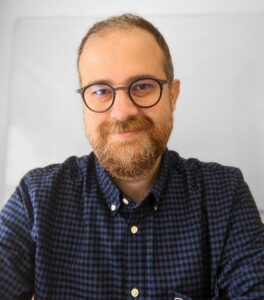
BERKE TORUNOĞLU
Berke Torunoğlu is a historian, specializing in the social and political history of the modern Middle East, with a particular focus on the history of the Ottoman Empire. His first book, Murder in Salonika 1876: A Tale of Apostasy and International Crisis (Gorgias Press, 2012) was a study focusing on the events surrounding the murder of French and German consuls at Salonika in May 1876, and the following international crisis.
His current book project, tentatively titled Estranged Subjects of the State Neo-Hellenes and Neo-Russians in the Ottoman Empire 1830-1876, examines the formation of Ottoman nationality during the Tanzimat era. It argues that Ottoman nationality developed through an iterative process aimed at the containment and retention of individual subjects of the state, whose adopted nationalities posed a problem to the state’s control.
He holds a PhD in Modern Middle East History from the University of Wisconsin-Madison. He taught courses on Ottoman, Middle Eastern, and Islamic history. Before coming to Bilkent, Berke Torunoğlu was a post-doctoral research fellow at the Seeger Center for Hellenic Studies at Princeton University and then a lecturer at the University of Tennessee-Knoxville.
Office phone: (+90) 312 2902098
e-mail: berke.torunoglu@bilkent.edu.tr
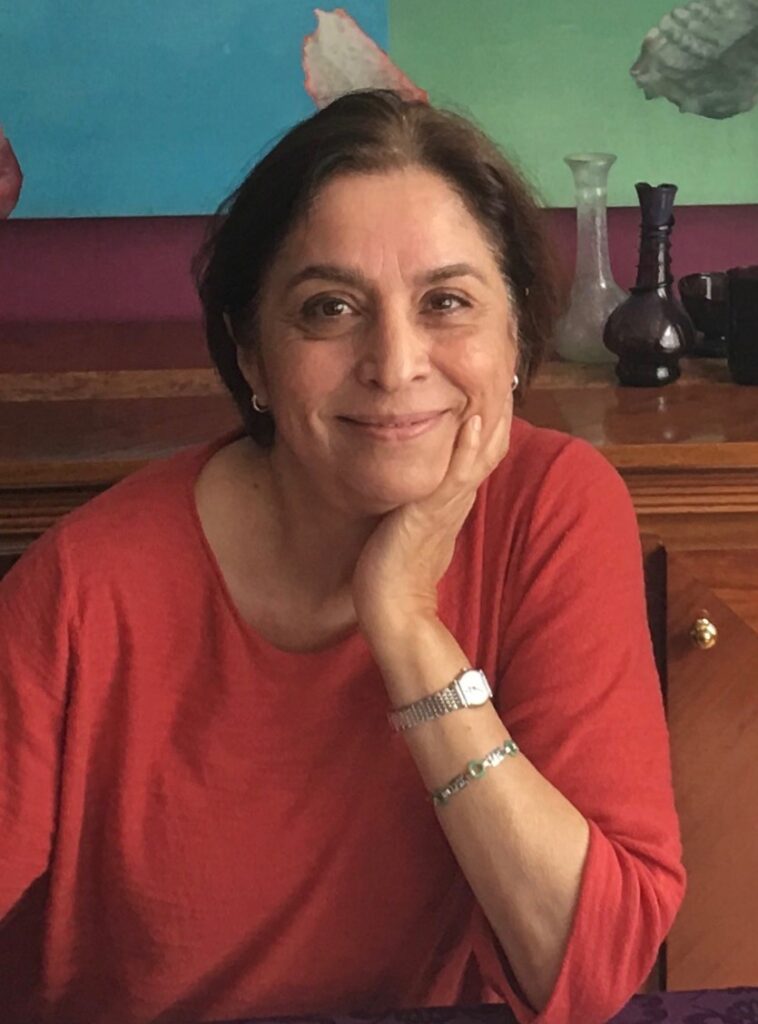
SERPİL BAĞCI
She received her Ph.D. from the Hacettepe University, Department of Art History in 1989, where she taught until 2023. Her main field of research is the Ottoman and Persian arts of the book, focusing on visual culture and painting in the Ottoman Empire. Her publications include Mevlana Müzesi Resimli El Yazmaları [The Illustrated manuscripts in Mevlana Museum], Istanbul, 2003; Falnama: The Book of Omens (with Massumeh Farhad), Washington, DC., 2009, and Ottoman Painting (with Filiz Çağman, Zeren Tanındı and Günsel Renda), 2nd ed., Istanbul, 2019.
e-mail: serpil.bagci@bilkent.edu.tr
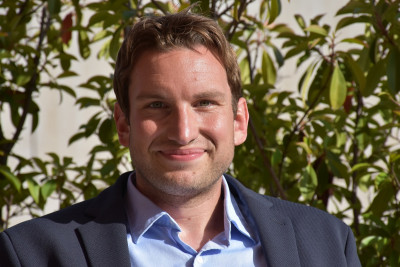
FİLİP MALESEVİC
Filip Malesevic is a historian of the culture and government of the Roman and papal Curia between the 14th and 17th century. His research also focuses on the currents of political thought in the early modern and modern Mediterranean. Professor Malesevic completed his PhD in history at the University of Fribourg. He is editor of the multi-volume Monumenta Sirletana Romanae Curiae (De Gruyter, 2023-) and is currently working on the trilogy Holy Family and Sacred Palace that explores the evolution of Curial political thought between the Conquest of Constantinople and King Henri IV’s assassination, as well as on a political biography of Cardinal Jules Mazarin, a cultural biography of Cardinal Cesare Baronio and The Keys and the Sea, a monograph that explores the Mediterranean conditions of ecclesiastical government between 1450 and 1700. He has also published articles on the art patronage of the Roman Curia, early modern Intellectual History, and Church historiography in the 16th century.
e-mail: filip.malesevic@bilkent.edu.tr
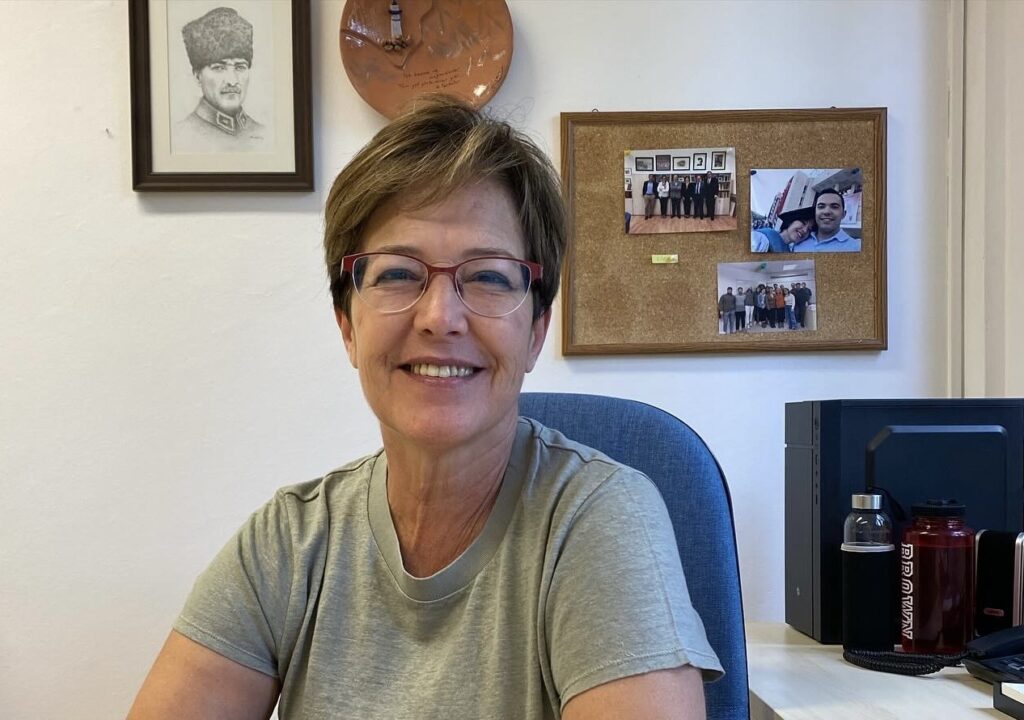
NİL TEKGÜL
She received her PhD in 2016 with her thesis titled “A Gate to the Emotional World of Pre-modern Ottoman Society: An Attempt to Write Ottoman History from the Inside Out” from the Bilkent University Department of History. In 2017-2018 she continued her studies at Harvard University Center for Middle Eastern Studies (CMES) as a visiting post-doc research scholar. She taught courses in Ottoman paleography and Ottoman History at Bilkent University. She has several publications on Ottoman History and her book titled Emotions in the Ottoman Empire: Politics, Society, Family in the Early Modern Era was published in Jan. 2023 by Bloomsbury Academic. She investigates in her book how emotions functioned in early modern Ottoman society as the meaning-making mechanisms of the concept of “protection”. Her main fields of interest include the history of emotions, conceptual history, gender studies, and the daily lives of ordinary people in the early modern Ottoman period.
Office Phone: +90 (312) 290 23 87
e-mail: nil.tekgul@bilkent.edu.tr
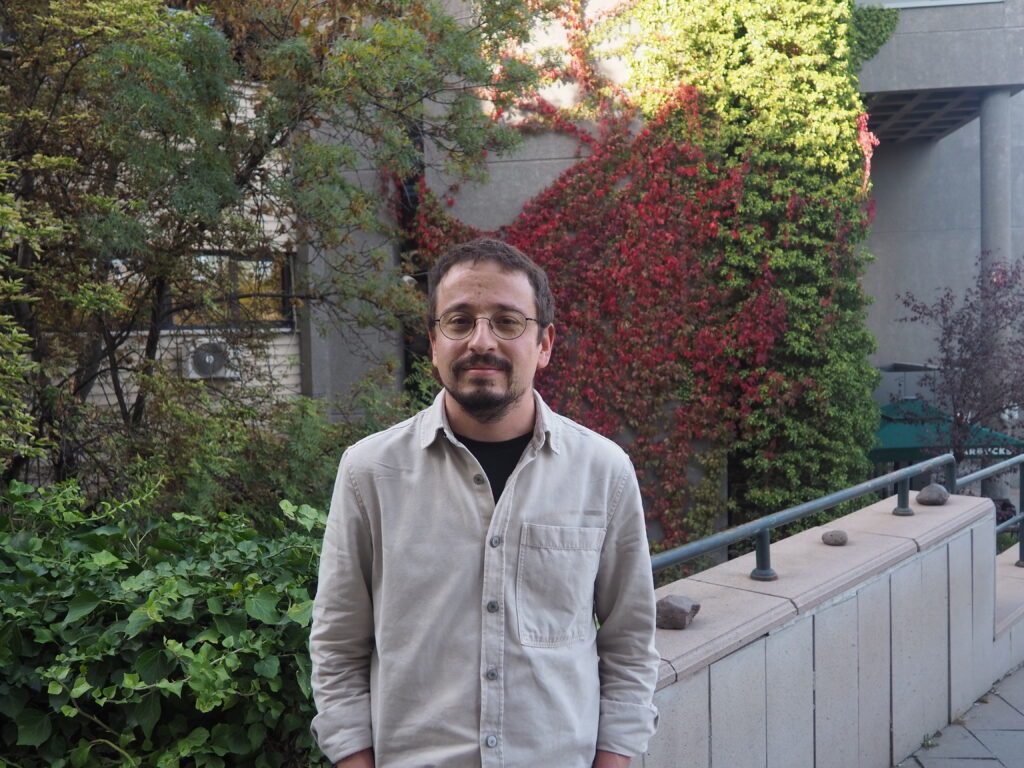
MEHMET ALİ ÇELİK
Mehmet Ali Çelik is a historian of the early modern Ottoman Empire, specializing in social and economic history. He received his PhD from the University of California, Davis in 2024 with his thesis titled “Land, Labor, and Class Making in the Seventeenth Century Ottoman Empire.” His dissertation project traces the dynamics of the seventeenth-century crisis in the Balkan and Anatolian provinces of the Ottoman Empire and analyzes the general transformation of the provincial societies by emphasizing the emergence of a new rural landed gentry, changes in the agrarian economy, property relations, and class structure. The history of the peasantry is also an essential component of this project. In 2021-22, he was a PhD fellow at Koç University’s Research Center for Anatolian Civilizations (ANAMED). In 2022-23, he received another PhD fellowship from the Gerda Henkel Foundation (Germany). Currently, he is working on his first book project based on his dissertation. Besides his specialization in Ottoman history, Dr. Çelik is also interested in the early modern social and economic history of Europe, Safavid Iran, and Mughal India.
e-mail: macelik@bilkent.edu.tr
In Memory Of

Halil İnalcık 
Norman Stone 
Stanford J. Shaw 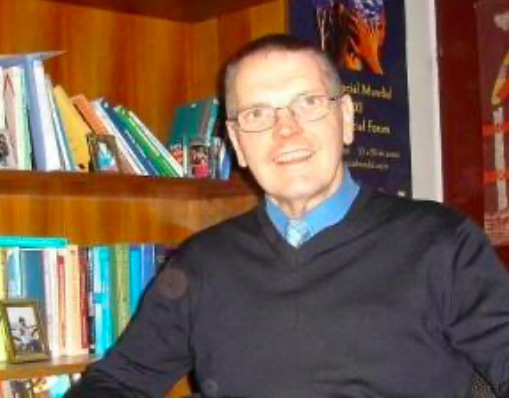
Cadoc Leighton
